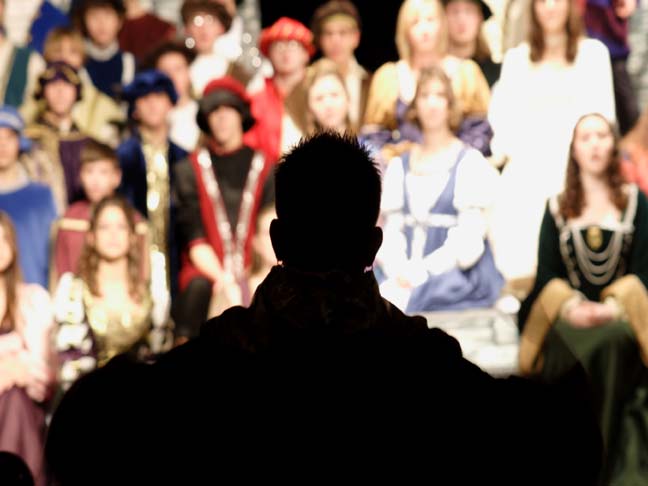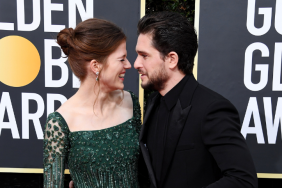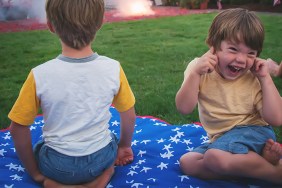Sitting in the dark theatre, watching kites fly, statues sing, and George Banks learn that the joy of family is a more important commodity than anything in that stuffy bank of his, I admit that I spent most of the show enjoying my daughter’s reaction to the magic of the stage. She was captivated, awash in the stage lights and music and dancing.
Though this experience was more personal (my daughter’s first big show), it wasn’t my first time seeing musical theatre light up a young person’s face. I taught high school drama for eight years and early on took 25 students to New York to experience those lights of Broadway. One of the shows was The Lion King and while all these kids had seen the movie, they hadn’t seen it like this – sweeping across a stage, the music practically infusing itself in their skin. Teenagers don’t often let down their guard– they’re cool, collected, adult. Still, when those animals came lumbering across the stage and the music swelled, every single one of my students embraced their ten year old self. Magic was afoot and they were believers.
With shows like Glee, numerous reality talent shows, and all the touring musicals, it feels like musical theatre is alive and well. I was raised on it and while I haven’t convinced all of my friends of its therapeutic qualities, there is something about giving myself over to the music in one of these shows that lets me embrace my inner ten year old. Watching my daughter and students drink it in, it seems I’m not alone. In this age of edge, of cynicism, of snark – musical theatre is unabashedly optimistic (even when it’s sad). To quote what Mary Poppins said of herself, musical theatre done really, really well is a “practically perfect” experience for the soul.








